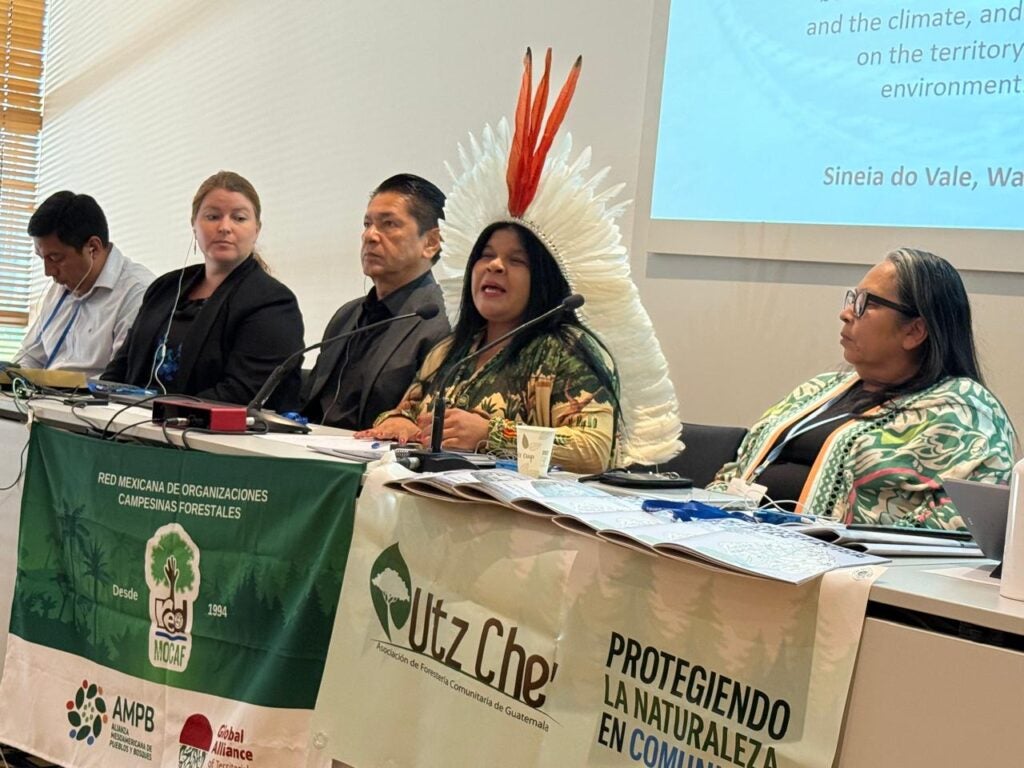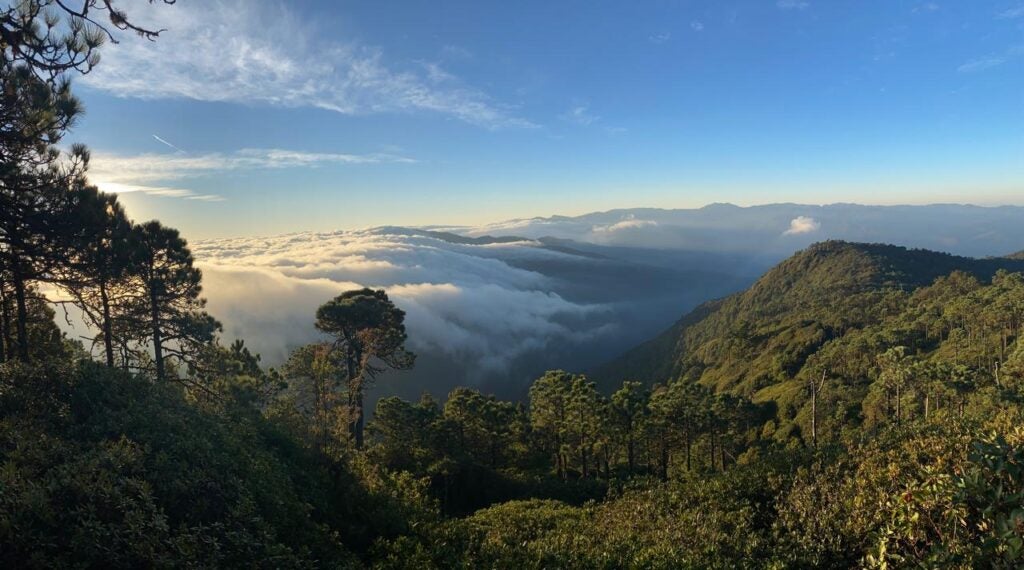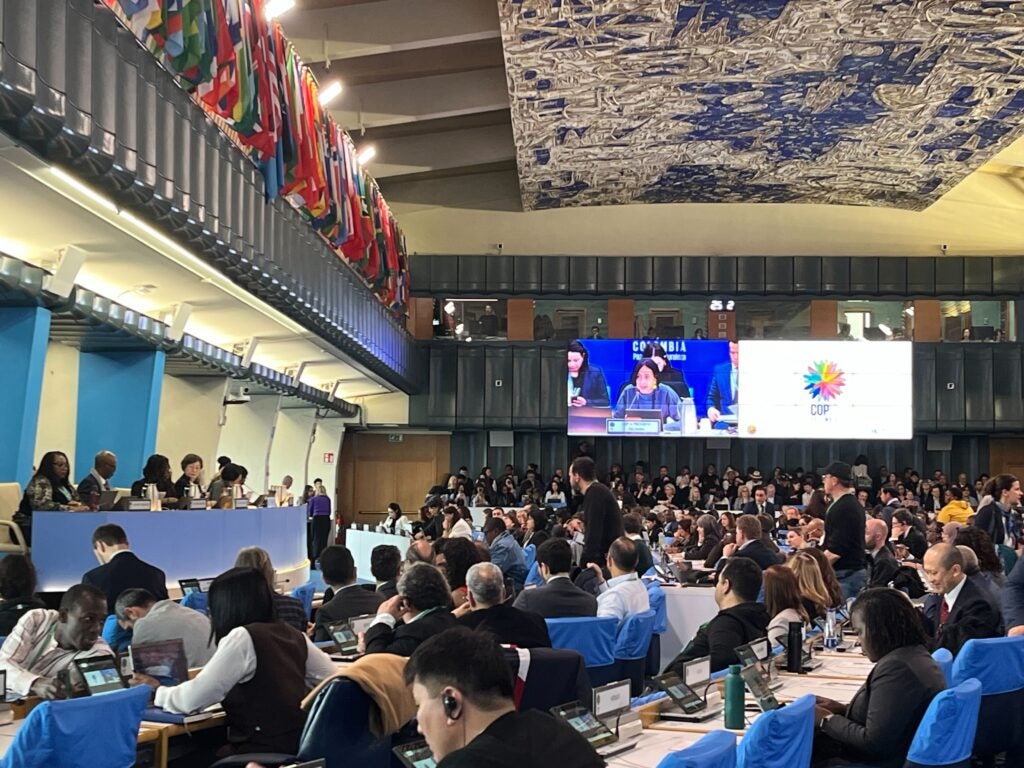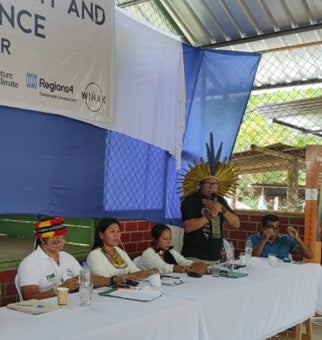
Sonia Guajajara, Minister of Indigenous Peoples of Brazil, speaking at EDF Side Event at SB62. Photo by Patricia Zuppi
The 62nd session of the Subsidiary Bodies (SB62) of the United Nations Framework Convention on Climate Change (UNFCCC) concluded in Bonn, Germany last week. SB62 is the last intersessional meeting before the highly anticipated COP30 climate talks in Belém, Brazil in November, where a major focus will be on the participation of Indigenous Peoples and local communities (IPLC). So, what were some highlights?
During SB62, the Brazilian government made a landmark move by bringing together ministries, civil society, and UN representatives to advance the effective participation of IPLCs at climate negotiations. The goal is to present a document with recommendations to the COP30 Presidency, which has put forth the idea of “global mutirão” or collective action, on how to build a common agenda for IPLC climate policies and integrate traditional knowledge with nationally determined contributions (NDCs).
Brazil has made significant efforts to elevate IPLC voices on the global stage ahead of COP30, and this was evident at SB62 where IPLC priorities, including on the just energy transition, climate adaptation, and gender equality, received attention.













